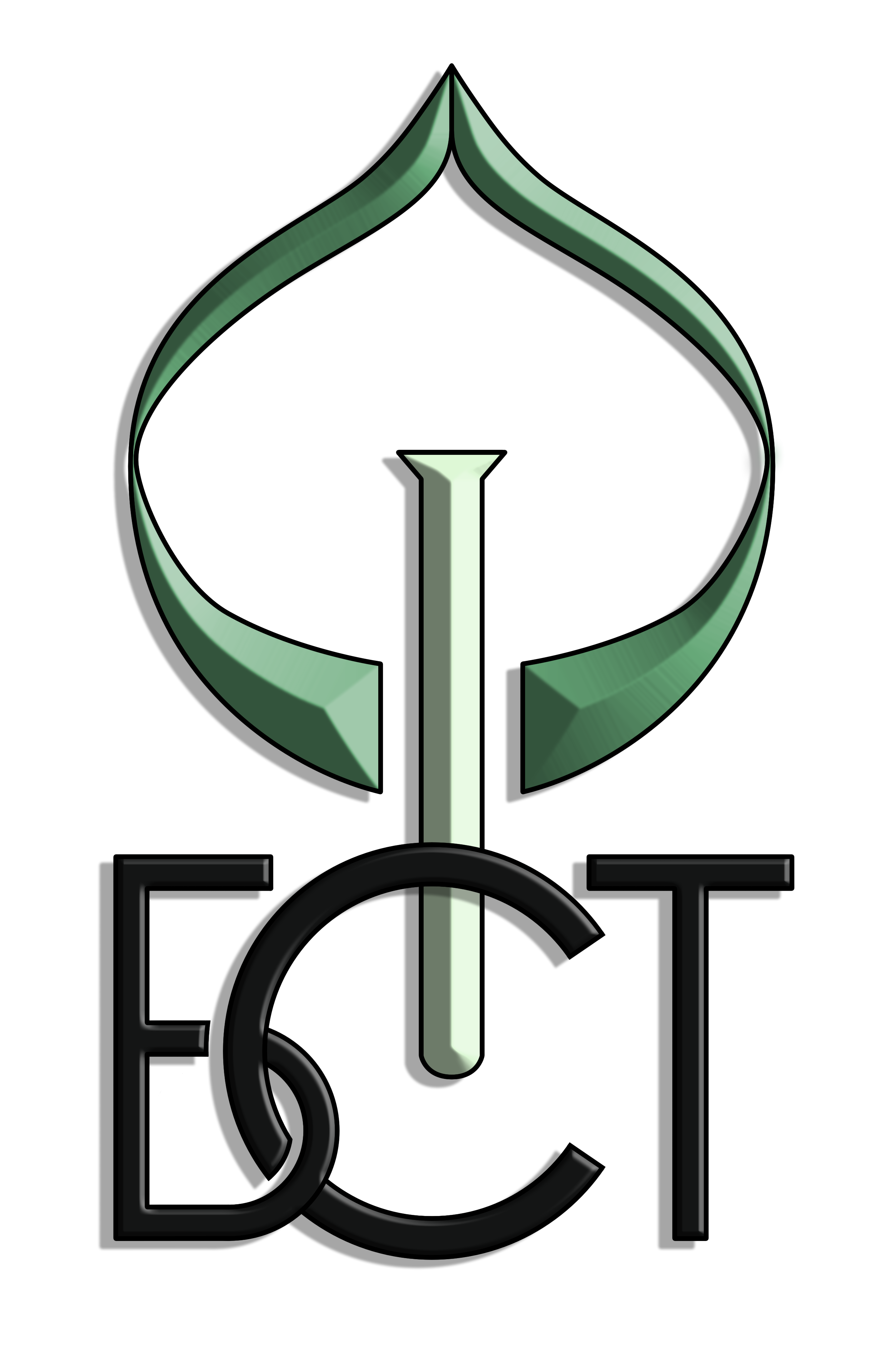Yana G Kriushicheva, Elena V Shatskikh
Animal Husbandry and Fodder Production. 2023. Vol. 106, no 2. Р. 214-225.
doi:10.33284/2658-3135-106-2-214
Original article
Economically useful traits of the Asian migratory locust using various diets in a zoo
Yana G Kriushicheva1, Elena V Shatskikh2
1,2Ural State Agrarian University, Yekaterinburg, Russia
1kompik0@yandex.ru, https://orcid.org/0009-0002-9499-1257
2evshackih@yandex.ru, https://orcid.org/0000-0001-6142-9175
Abstract. Zoo animals eat a variety of foods. At the same time, locusts are included in the diet of representatives of the herpetofauna, as well as some animals and birds, as live food. The study was conducted on locusts of the species Locusta migratoria in the vivarium of the Yekaterinburg Zoo. Two groups were formed (n=42): the control group (received the (basic ration (BR) developed by the specialists of the Yekaterinburg Zoo) and experimental (BR + prepared food for crickets and locusts "Aquamenu Exocricket" in the amount of 0.13 g per 100 g of locust mass). A comparative study of the influence of the traditional diet and the main diet with the inclusion of specialized ready-made feed on the economically useful qualities of locusts is being carried out for the first time. The introduction of Aquamenu Exocricket feed into the main diet of locusts contributed to an increase in the survival rate of the insect population by 23.8%, while the survival rate of females increased by 33.3%, and that of males by 14.3%. In experimental species, the consumption of individual feed components decreased by 1 head per day: fresh grass - by 6.0%, dry mix - by 12.1%, fruits and vegetables - by 19.1%. The fertility of locusts when fed with Aquamenu Exocricket increased by 128%, while the cost of cultivation decreased by 2.4%. The experimental locust carcasses were characterized by a slight decrease in energy value compared to the control, while in terms of individual nutritional indicators they corresponded to the data obtained by the specialists of the Moscow Zoo and other authors in previous studies.
Keywords: Asian migratory locust, locust feeding, vivarium, Yekaterinburg Zoo, Aquamenu Exocricket
Acknowledgements: the work was carried out with the support of the Yekaterinburg Zoo.
For citation: Kriushicheva YG, Shatskikh EV. Economically useful traits of the Asian migratory locust using various diets in a zoo. Animal Husbandry and Fodder Production. 2023;106(2):214-225. (In Russ.). https://doi.org/10.33284/2658-3135-106-2-214
References
- Veselova NA, Galuza OA. Influence of environmental enrichment on the behavior of brown-headed tamarins leontocebus fuscicollis (spix, 1823) in the Moscow Zoo. Reports of the TAA. 2019;291(V):69-72.
- Mareninova AS, Neverova OP. Variety of live feeds, their nutritional value and features of preparation for feeding animals. Youth and Science. 2021;9:40.
- Perova EA, Sobyanina TS, Borisenko EA. The value of enrichment of the habitat of animals in the conditions of the Novosibirsk Zoo. (Conference proceedings) Problems of biology, zootechnics and biotechnology: coll. tr. scientific-practical. conf. scientific Society of students and graduate students of biol.-technologist. Faculty, (Novosibirsk, December 10-14, 2018) Novosibirsk: Information Center of NSAU "Golden Kolos"; 2019:147-150.
- Tkacheva EYu. Feed value of some invertebrate species. Invertebrates in Zoos Collections: мaterials of the First International Workshop (Moscow, 22-26 October, 2001). Moscow; 2002:82-85.
- Ahmed I, İnal F, Riaz R. Insects usage in pets food. Veteriner Hekimler Derneği Dergisi. 2022;93(1):87-98. doi: 10.33188/vetheder.909963
- Clissold FJ, Brown ZP, Simpson SJ. Protein-induced mass increase of the gastrointestinal tract of locusts improves net nutrient uptake via larger meals rather than more efficient nutrient absorption. J Exp Biol. 2013;216(2):329-337. doi: 10.1242/jeb.076489
- Fernandez EJ, Martin AL. Animal training, environmental enrichment, and animal welfare: a history of behavior analysis in zoos. Journal of Zoological and Botanical Gardens. 2021; 2(4):531-543. doi: 10.3390/jzbg2040038
- Fernandez EJ, Myers M, Hawkes NC. The effects of live feeding on swimming activity and exhibit use in zoo humboldt penguins (Spheniscus humboldti). Journal of Zoological and Botanical Gardens. 2021;2(1):88-100. doi: 10.3390/jzbg2010007
- House HL. Effects of vitamins E and A on growth and development, and the necessity of vitamin E for reproduction in the parasitoid Agria affinis (Fallén) (Diptera, Sarcophagidae). Journal of Insect Physiology. 1966;12(4):409-417. doi: 10.1016/0022-1910(66)90004-7
- Kandathil RD, Akbar AI, Schmidt BV, John EM, Sivanpillai S, Sankar TV. Improvement of nutritional quality of live feed for aquaculture: An Aquac Res. 2020;51(1):1-17. doi: 10.1111/are.14357
- Kietzka GJ, Lecoq M, Samways MJ. Ecological and human diet value of locusts in a changing world. Agronomy. 2021;11(9):1856. doi: 10.3390/agronomy11091856
- Makkar H, Heuzé V, Tran G. Locusts and grasshoppers: nutritional value, harvesting and rearing for animal feed, and other CABI Reviews. 2022;17:038. doi: 10.1079/cabireviews202217038
- Mamo DK, Bedane DS. Modelling the effect of desert locust infestation on crop production with intervention measures. Heliyon. 2021;7(7):e07685. doi: 10.1016/j.heliyon.2021.e07685
- Oonincx DG, Van der Poel AF. Effects of diet on the chemical composition of migratory locusts (Locusta migratoria). Zoo Biology. 2011;30(1):9-16. doi: 10.1002/zoo.20308
- Rumpold BA, Schlüter OK. Nutritional composition and safety aspects of edible insects. Molecular Nutrition & Food Research. 2013;57(5):802-23. doi: 10.1002/mnfr.201200735
- Straub P, Tanga CM, Osuga I, Windisch W, Subramanian S. Experimental feeding studies with crickets and locusts on the use of feed mixtures composed of storable feed materials commonly used in livestock Animal Feed Science and Technology. 2019;225:114215. doi: 10.1016/j.anifeedsci.2019.114215
- Van Huis A. Edible insects contributing to food security? Agric & Food Secur. 2015;4:20. doi: 10.1186/s40066-015-0041-5
- Van Zanten СT, Simpson CS. Managing the health of captive groups of reptiles and amphibians. Vet Clin North Am Exot Anim Pract. 2021;24(3):609-645. doi: 10.1016/j.cvex.2021.05.005
- Xiongbing T, Zehua Z, Johnson DL, Guangchun C, Zhihong L, Song G, Xiangqun N, Guangjun W. Growth, development and daily change in body weight of locusta migratoria manilensis (Orthoptera: Acrididae) nymphs at different temperatures. J of Orthoptera Research. 2012;21(2):133-140. doi: 10.1665/034.021.0201
Information about the authors:
Yana G Kriushicheva, student, Ural State Agrarian University, 17b Glavnaya st, Yekaterinburg, Russia, 620075.
Elena V Shatskikh, Dr. Sci. (Biological), Professor, Head of the Department of Zooengineering, Ural State Agrarian University,17b Glavnaya st, Yekaterinburg, Russia, 620075.
The article was submitted 15.05.2023; approved after reviewing 09.06.2023; accepted for publication 13.06.2023.
Download